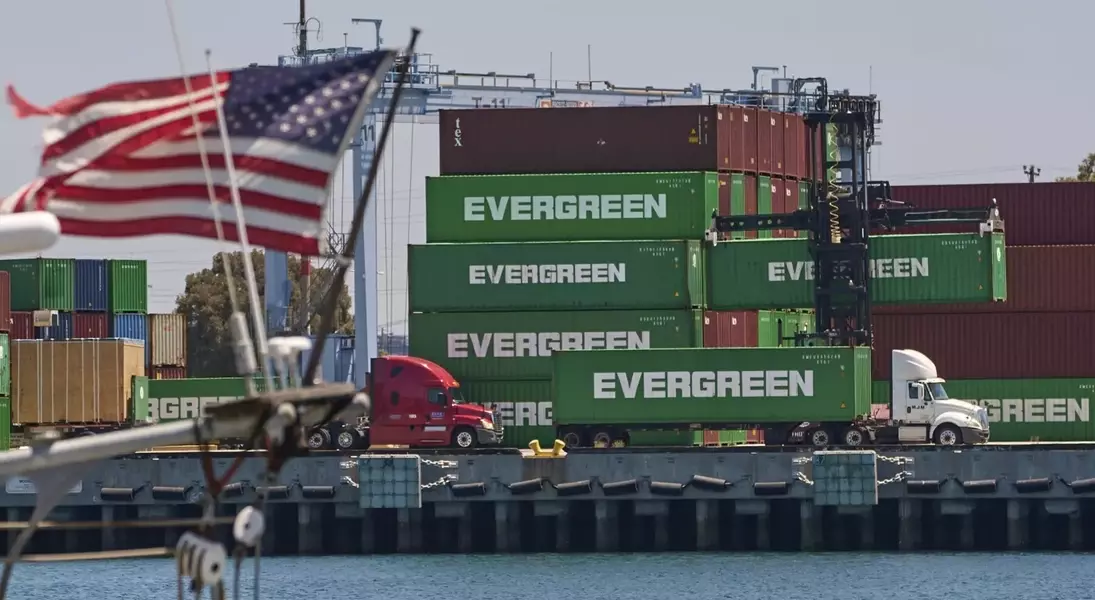
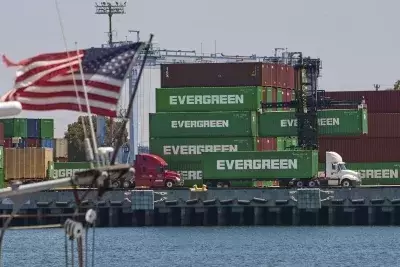
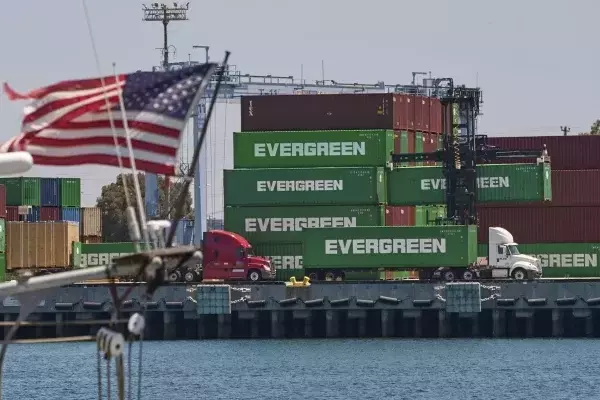
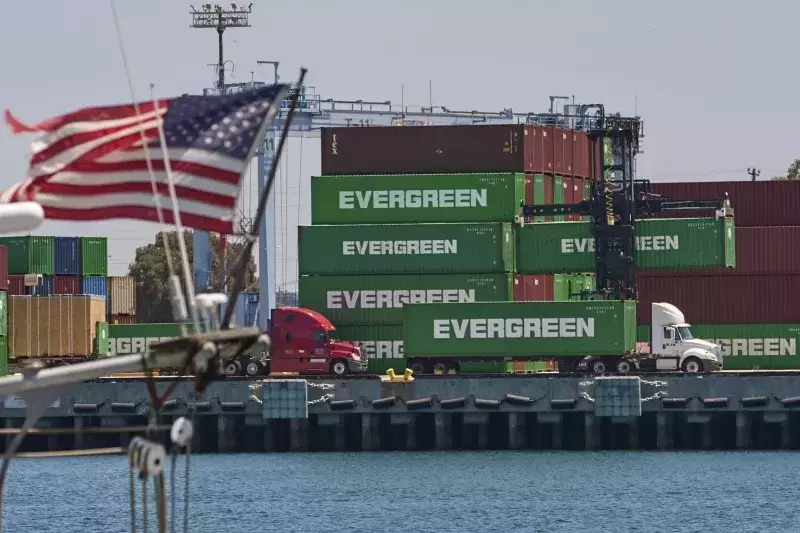
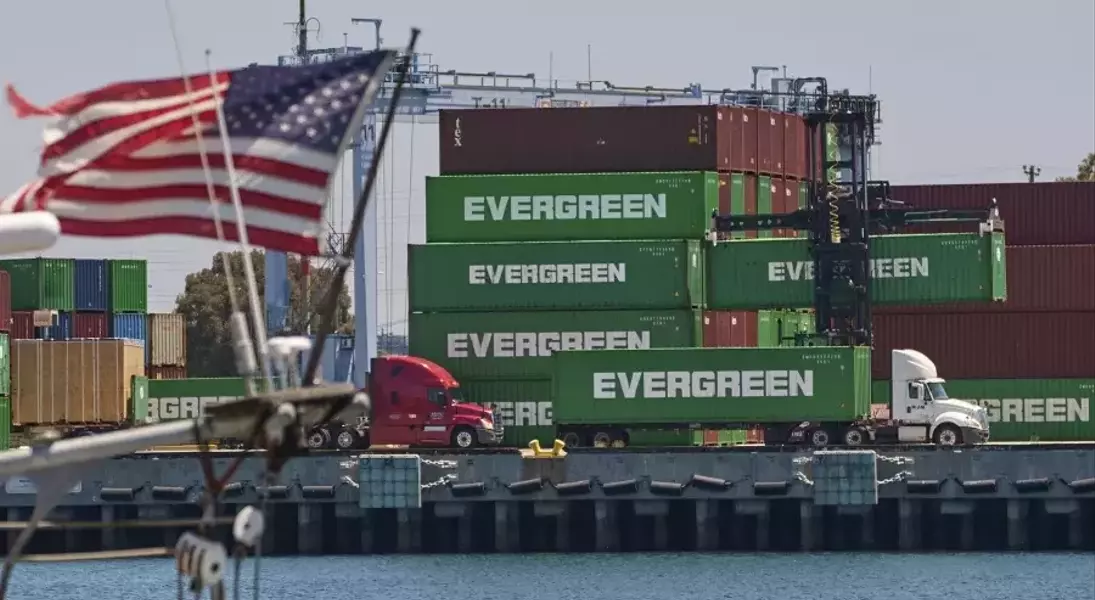
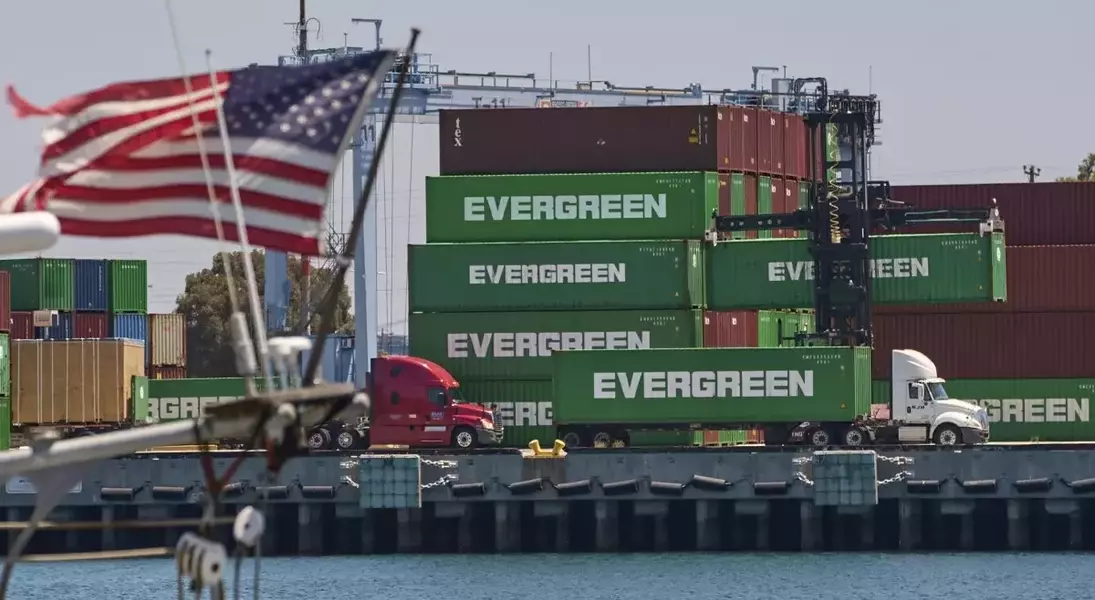
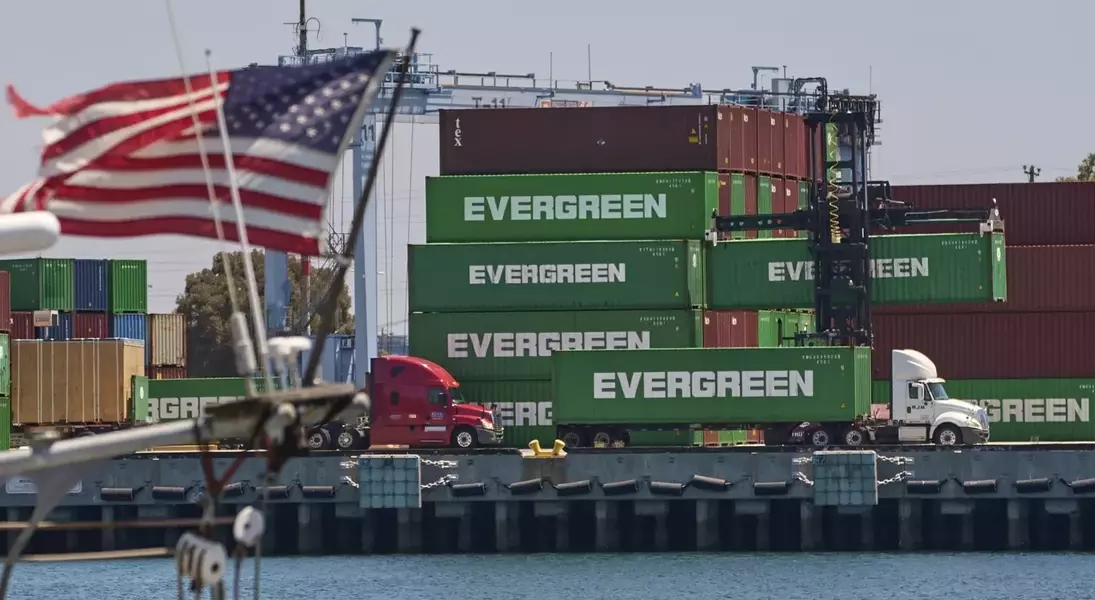
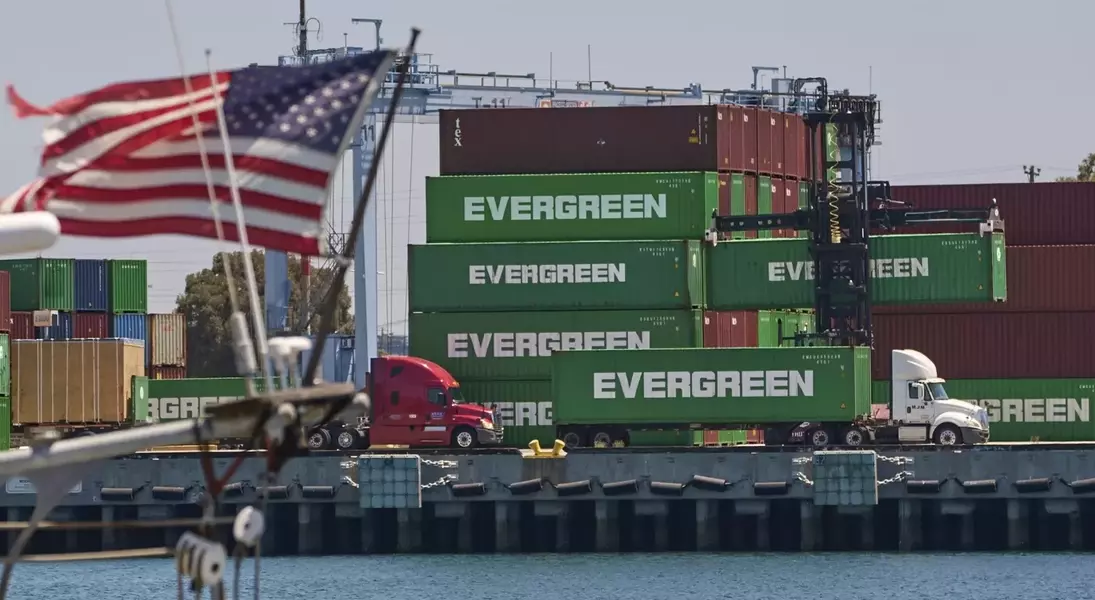
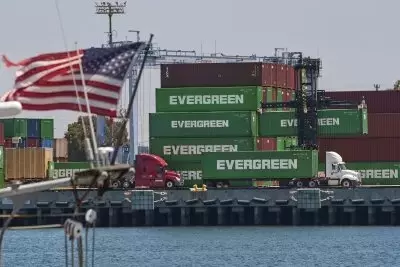
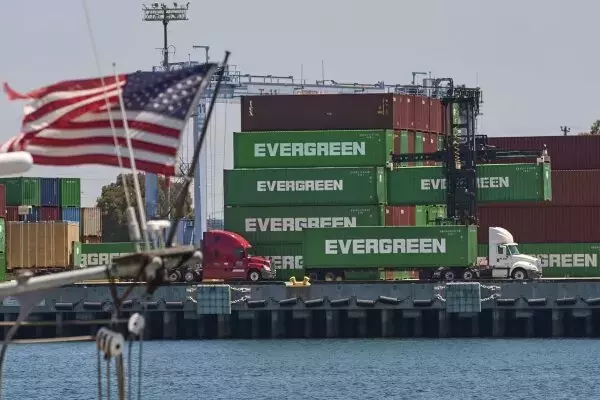
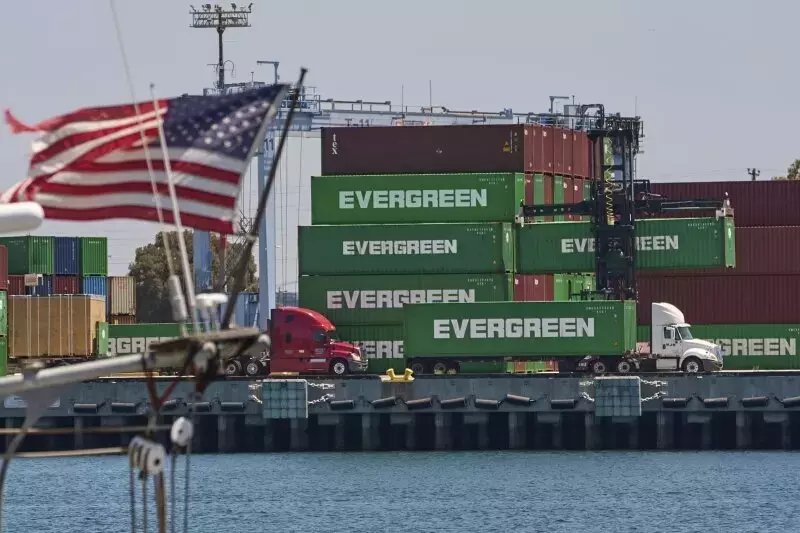
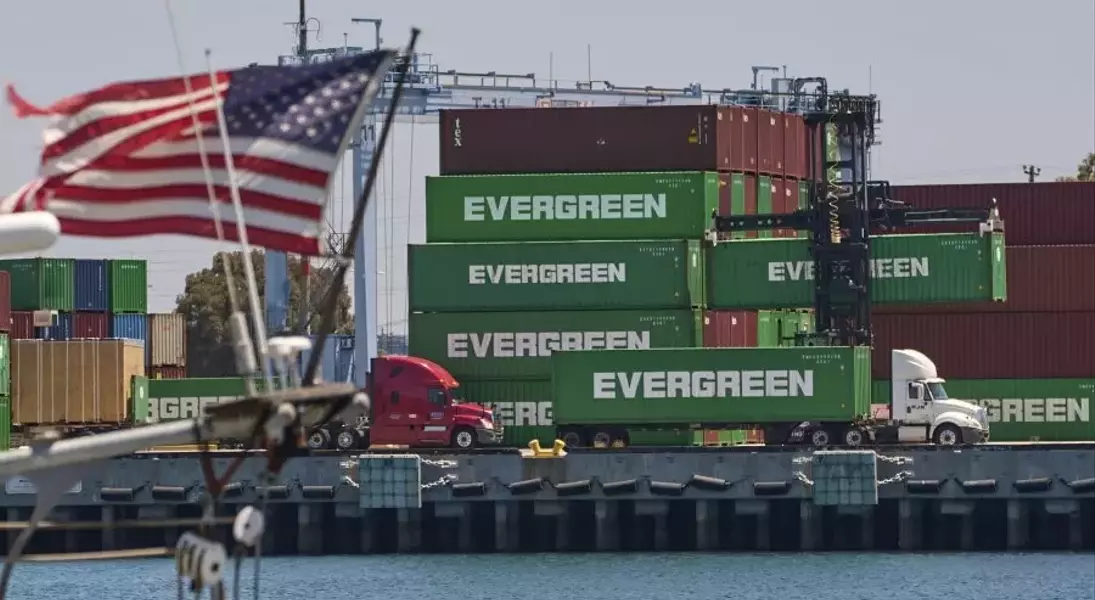
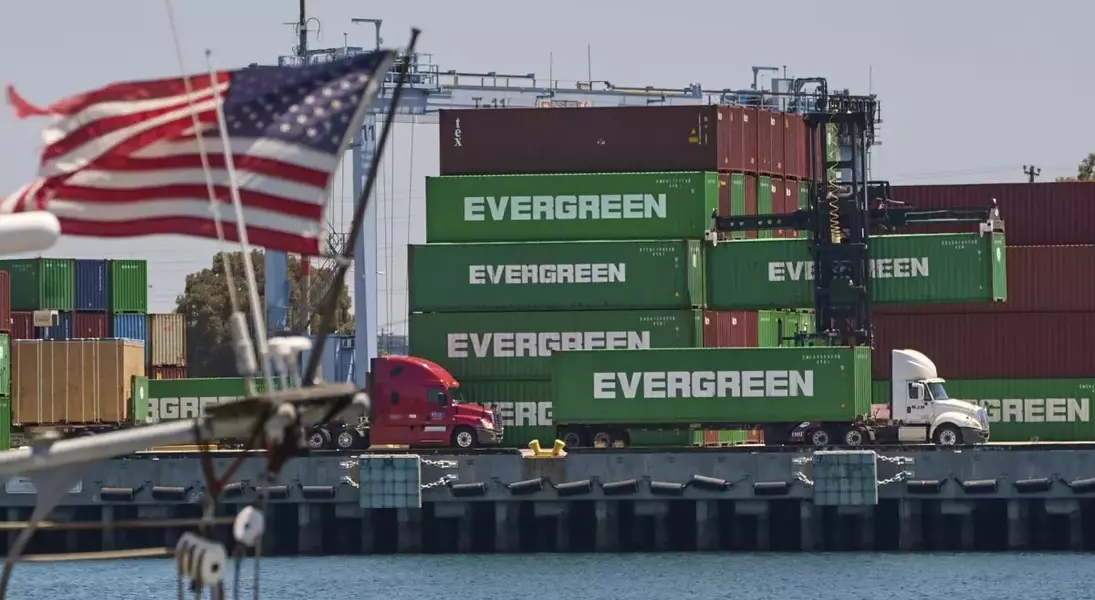
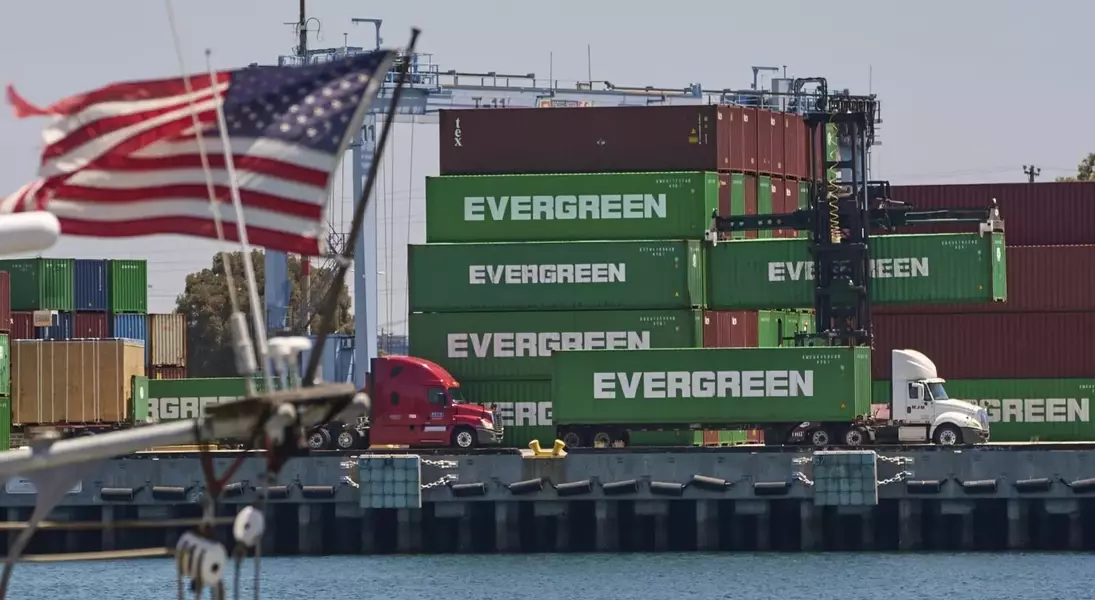


The United States' persistent focus on altering global trade dynamics through tariffs has elicited diverse reactions worldwide, casting a shadow over international commerce. Despite an initial pledge for swift trade resolutions, a new wave of protective duties has been introduced, significantly impacting global economic stability. This shift has prompted nations to reassess their trade relationships with the U.S. and consider the broader implications for their economies and strategic alliances.
Reports from various international correspondents highlight the growing unease and direct consequences of these trade actions. From European capitals to Asian trading hubs, the imposition of tariffs has led to retaliatory measures and a palpable sense of uncertainty among businesses and consumers. The unfolding scenario illustrates how protectionist policies can disrupt established supply chains, inflate costs, and potentially slow down global economic growth, creating a complex web of challenges for policymakers and industries alike.
The current global trade landscape, shaped by these assertive tariff policies, underscores the interconnectedness of national economies and the importance of collaborative approaches to international trade. Addressing these challenges requires not only economic adaptability but also a renewed commitment to open dialogue and multilateral cooperation. Navigating this period of trade friction presents an opportunity for nations to forge more resilient and equitable global economic frameworks, demonstrating that collective action and mutual respect are foundational to fostering prosperity and stability for all.
